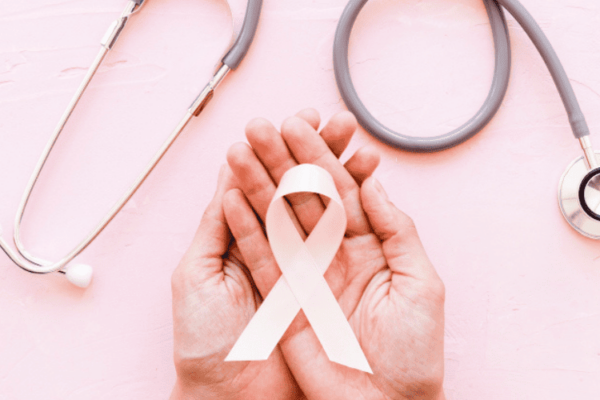
10 Oct First-Time Full-Body Screening? Here’s How to Get Ready
First-Time Full-Body Screening? Here’s How to Get Ready
By Island Hospital | October 10, 2025 10:34:09 AM
In a conversation on the “New Heights” podcast, Taylor Swift shared a story about her father, a man who, by all appearances, was in excellent health and maintained a healthy lifestyle. Yet, a routine medical check-up revealed a startling and critical issue: a resting stress test indicated five heart blockages required for a quintuple bypass.
Mr Swift’s experience is a reminder that even when you feel perfectly fine, significant health issues can be hiding beneath the surface.
This is why proactive health screening remains vital as a key step in uncovering hidden truths about your body and taking control of your well-being.
The thought of a first full-body screening might feel daunting, but with the right preparation, it can be a simple process towards better health.
Here is an in-depth, step-by-step guide to help you feel confident and ready for your first full-body screening.
Your Must-Do Checklist Before the Big Day
Every coach knows that success on the field starts long before the whistle blows. It’s in the preparation—the training, the diet, and the strategy session.
Your full-body health screening is no different. Consider this your pre-game huddle, a fundamental checklist that ensures all your core results are as sharp and accurate as a well-practiced play:
Test-Specific Preparations
A full-body screening is like a tournament with different events—each requiring a unique strategy. While the basics cover your core preparation, specialised tests need their own targeted approach.
Here’s how to prepare for some of the most common events you might face on your health-screening day:
1. For Blood & Urine Tests
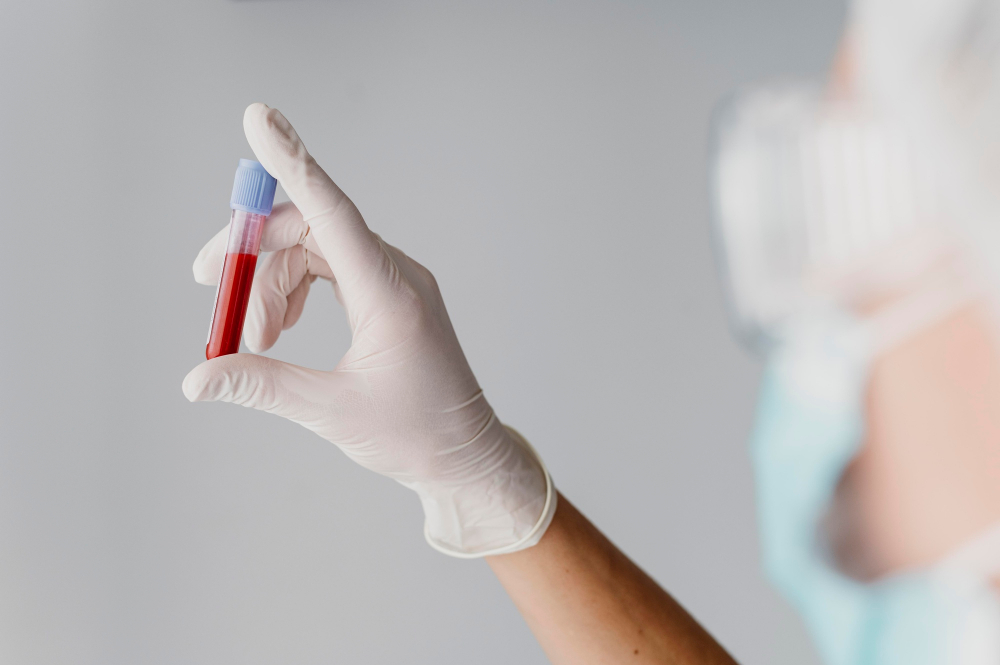
Medical professionals often use blood tests to track the effects of proteins and chemicals in your blood, provide them with an overview of your overall health, and monitor your immune system.
A Unique Tip for Women: To avoid interference with certain hormone level readings, it’s often recommended to schedule your screening around your menstrual cycle. It’s best to avoid your period week if possible.
2. For Ultrasounds
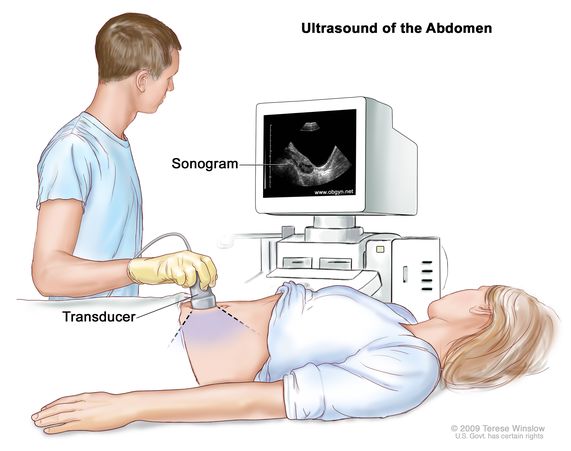
An ultrasound is something like a live video of your internal organs. To get a clear picture of some areas, like the pelvis or entire abdomen, your bladder needs to be full.
This acts as a clear “window” for the imaging. To achieve this, drink several glasses of water about an hour before your test, and do not urinate until you are instructed to.
3. Imaging Tests (Mammograms & X-Rays)
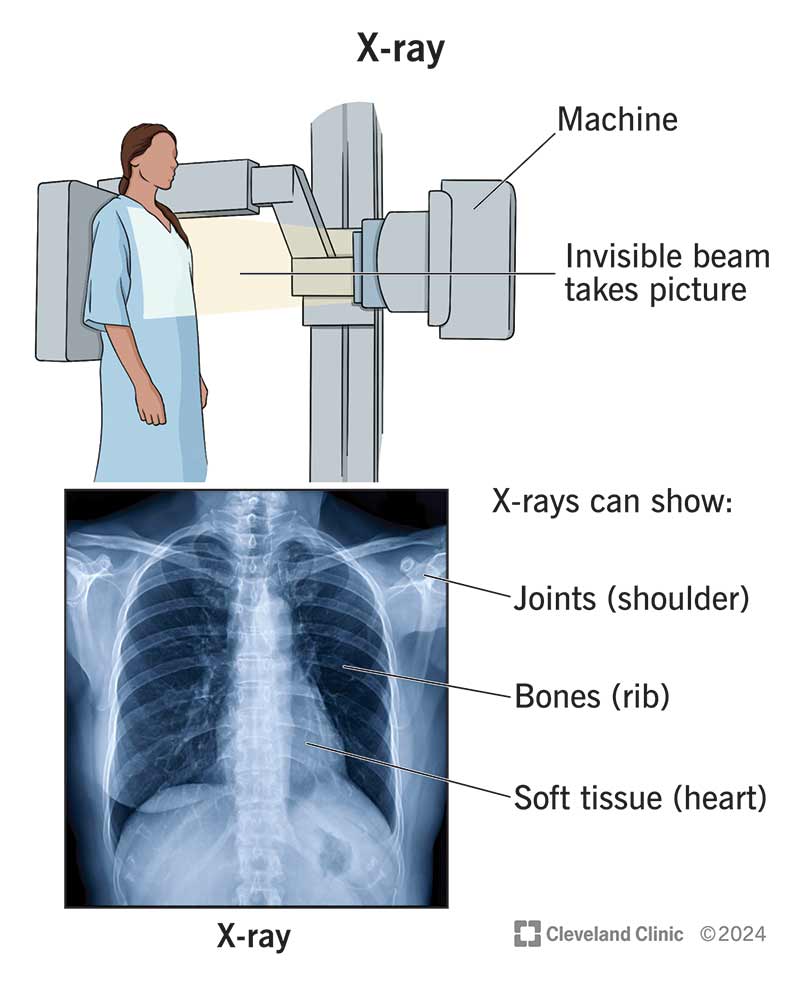
These are like the high-tech cameras of your screening, taking snapshots of your bones and breast tissue.
- For all imaging tests, women should immediately inform the staff if there is any chance they might be pregnant. X-rays and mammograms may not be recommended.
A Unique Tip for Mammograms: Avoid using deodorants, lotions, or powders in the chest area, as these can show up as white specks on the image and interfere with the results.
To make the process smoother, it’s also a good idea to refrain from eye makeup if you need to be in a gown, as it can sometimes transfer.
4. Colonoscopy
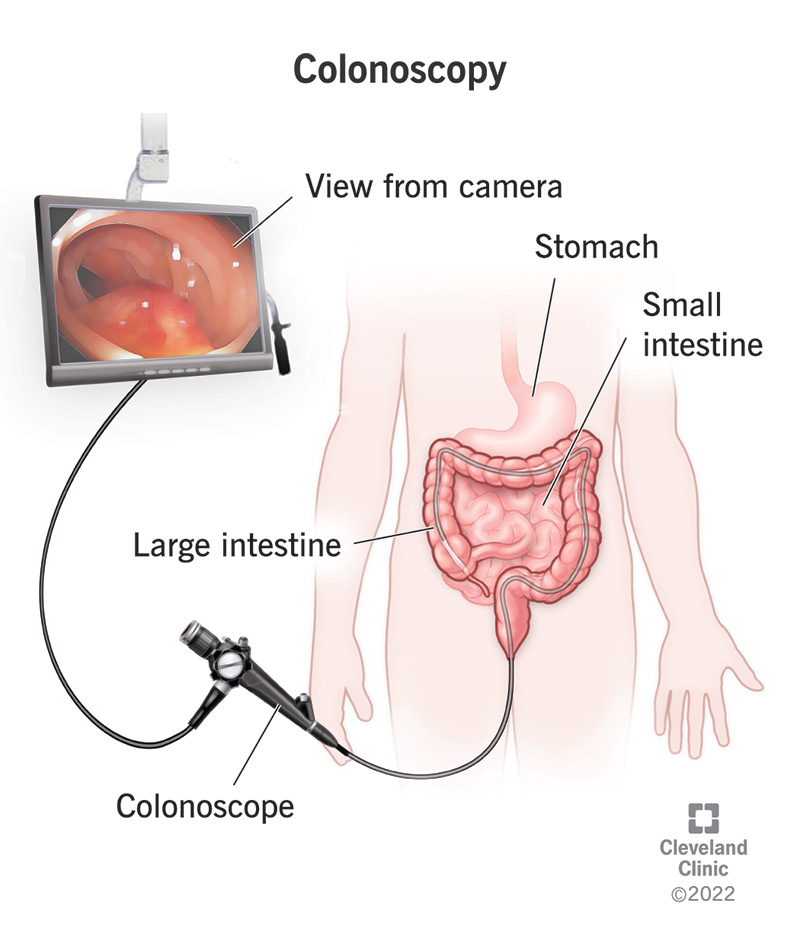
This is the most intensive part of the health screening tournament, requiring a specific two-day “cleanse” to get your colon ready.
You will be given a special solution, like Fortrans, to drink over several hours. This process, along with a special diet of clear fluids, ensures your bowel is completely empty so the doctor can get a clear view.
Discover Island Hospitals’ Gastroenterology FAQs to common digestive concerns and get the expert guidance on nurturing a healthy gut for your optimal well-being in this article: Improve Your Gut Health with Island Hospitals’s Gastroenterology FAQs.
5. For Exercise Stress Tests
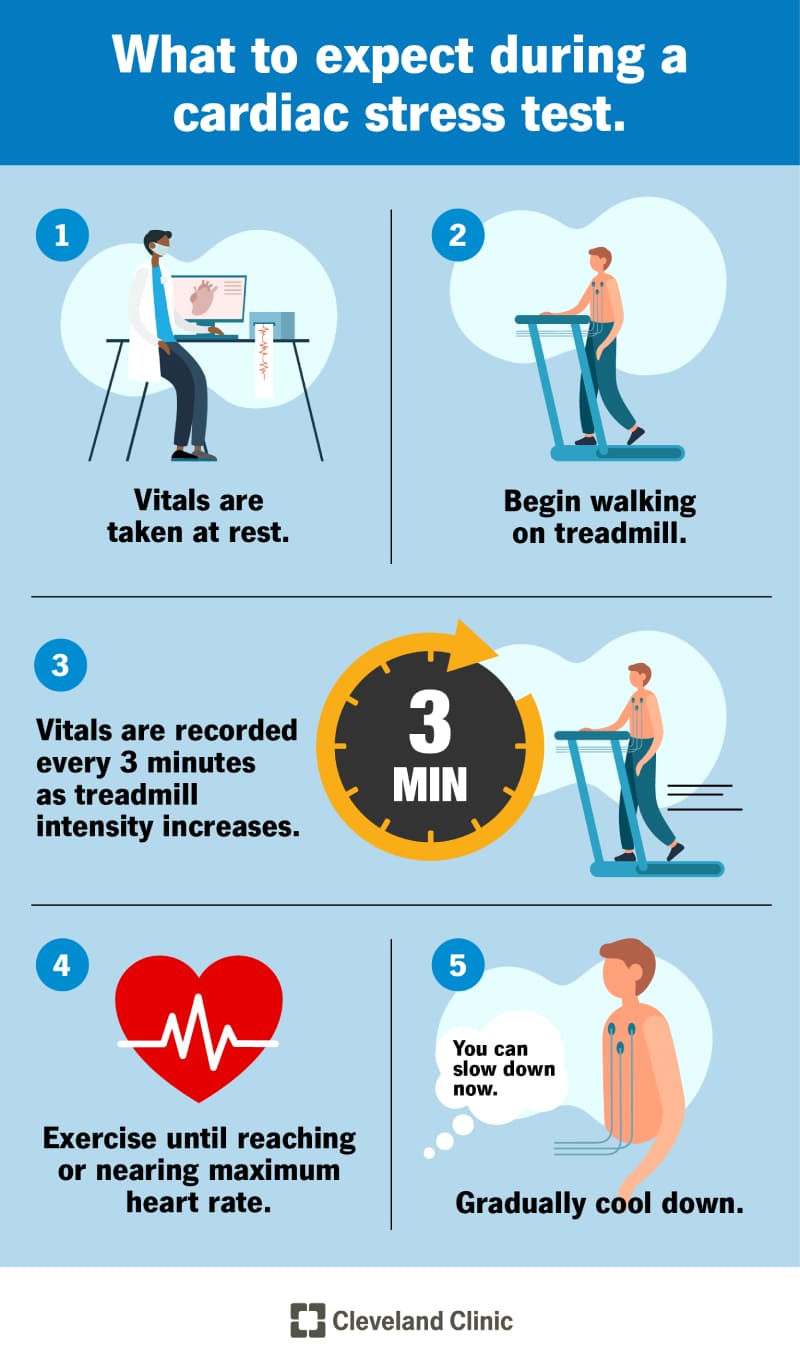
A stress test is like a cardio session on the health field. You’ll be walking or jogging on a treadmill while your heart is monitored.
To be ready for this, wear comfortable athletic or jogging shoes. Also, avoid heavy, fatty foods before the test, as they can interfere with your heart rate and make you feel sluggish.
A Unique Tip: Before you start, always inform the medical staff if you have a history of heart issues, such as chest discomfort or previous heart surgery. Your safety is the top priority.
If you’ve ever wondered about heart palpitations, learn more about them in our article on how to stop heart palpitation.
6. Stool & Pap Smear Samples
These tests often require preparation at home.
- Stool Samples
You’ll receive a special container and detailed instructions for collecting a sample. It’s crucial to follow these directions precisely to avoid contamination. Once collected, store the sample as instructed and transport it to the clinic within the specific timeframe provided. - Pap Smear
This screening test for cervical cancer is performed by the medical professional. There is no special prep required from your end.
4. Special Considerations: The Pro-Level Game Plan
You’ve prepared, you’ve strategised, but the final moments before the big event require a nuanced approach. This is where the pros distinguish themselves.
Medication Management
This is not the time to stop your training routine. For most medications, it’s safe to continue taking them as prescribed.
- For High Blood Pressure Medication
If you take medication for hypertension, it’s generally safe to continue your prescription as usual, but it’s best to take it with only a small amount of water. However, always confirm with your doctor beforehand, as some may advise you to postpone your morning dose until after your blood sample is collected. - For Other Chronic Conditions
If you have conditions like diabetes, it is absolutely critical to consult your doctor before your screening. They can provide a personalised plan for your medication and dietary needs on the day of your appointment.
Body Composition Analysis
A comprehensive screening often includes a body composition analysis. This isn’t just about weight; it’s about the bigger picture—your muscle mass, body fat, and hydration levels. To ensure the most accurate reading, follow any specific instructions given, such as being adequately hydrated or avoiding exercise right before the test.
What to Bring: The Final Checklist
Before you head out, make sure you have your gear ready. Think of this as your essential pre-game checklist:
- ID/Passport
- Previous medical reports (if any)
- A list of all your current medications and supplements
- Any necessary forms provided by the clinic
5. Your Results Are In: What’s Next?
The final whistle has blown, but the game for your health is just beginning. A full-body screening is more than a series of tests; it’s a window into your future. The true value comes from a professional interpretation of your results and the proactive steps you take afterward.
These tests provide a wealth of information, offering a detailed look at everything from your blood cell count to the density of your bones.
Our comprehensive screenings, for example, often include a Body Composition Analysis. This advanced tool provides a precise breakdown of your body’s fat, muscle, and bone mass, giving you a holistic picture of your physical status.
At Island Hospital, we believe in providing a full diagnosis, not just a report. Our experienced medical professionals will personally guide you through your results in a one-on-one consultation. This is your opportunity to gain clarity on any concerns and partner with a professional to create a personalised plan for your health and future well-being.
Health screenings are not just reactive; they can also be a proactive defense. They have the power to detect early signs of serious illnesses.
To learn more about this life-saving potential, read our articles on bladder cancer and bone cancer.
Your Health Journey Starts Here
Preparing for your first full-body screening is a simple yet powerful step. It’s not just about a list of do’s and don’ts; it’s about being an active participant in your health journey.
By following these simple steps, you can ensure accurate results and get the most out of your screening.
Health screenings can also help identify risks for conditions like dementia. Read more about the link between stroke and dementia in our blog.
Your health is your most valuable asset. The clarity and peace of mind you gain from a comprehensive health screening are priceless. We encourage you to take this step and embark on your journey to a healthier, more informed you.
Book a consultation with us today to start your healthy journey!
FAQ
Does a Full-Body Check Detect Everything?
No, a full-body checkup does not detect everything. It is a comprehensive overview of your health that can identify early signs of a wide range of common diseases like heart disease, diabetes, and cancer. However, it may not find every rare or early-stage condition, and some specialised tests may be required to confirm a diagnosis.
A full-body screening is designed to check for red flags and assess your risk factors, allowing for timely intervention and lifestyle adjustments.
Which Test is Best for the Whole Body?
There isn’t a single “best” test that evaluates the entire body. A comprehensive full-body health assessment is a combination of various tests and a physical examination. This typically includes:
- Blood tests for a complete blood count, lipid profile (cholesterol), blood sugar, and organ function (liver, kidney).
- Urine analysis to check for kidney issues or infections.
- Imaging tests like a chest X-ray to check the heart and lungs, or an ultrasound of the abdomen.
- Cardiovascular assessments such as a blood pressure check and a resting electrocardiogram (ECG).
This combination of tests provides a holistic view of your health.
Why Does My Doctor Want to Talk About My Blood Test?
Your doctor wants to discuss your blood test results because they are just one piece of the puzzle. They need to interpret the results in the context of your overall health. Your doctor will consider your medical history, lifestyle, family history, and other test results to get a complete picture. This discussion helps them:
- Explain the results: Translate medical jargon into understandable information.
- Diagnose or rule out conditions: Use the data to confirm or dismiss a potential health issue.
- Plan treatment: Determine if you need further tests or medication.
- Provide peace of mind: Offer reassurance if the results are normal or address any concerns.
Why Do Doctors Press on Your Neck?
Doctors press on your neck to check for several key indicators of your health. They are primarily looking for swollen lymph nodes, which can signal an infection or, in rare cases, a more serious condition. They are also checking your thyroid gland for any signs of enlargement or abnormalities.
In some cases, they may also feel muscle spasms or issues with your spinal column. They may even check the pulse in your carotid arteries to assess your circulatory health.





